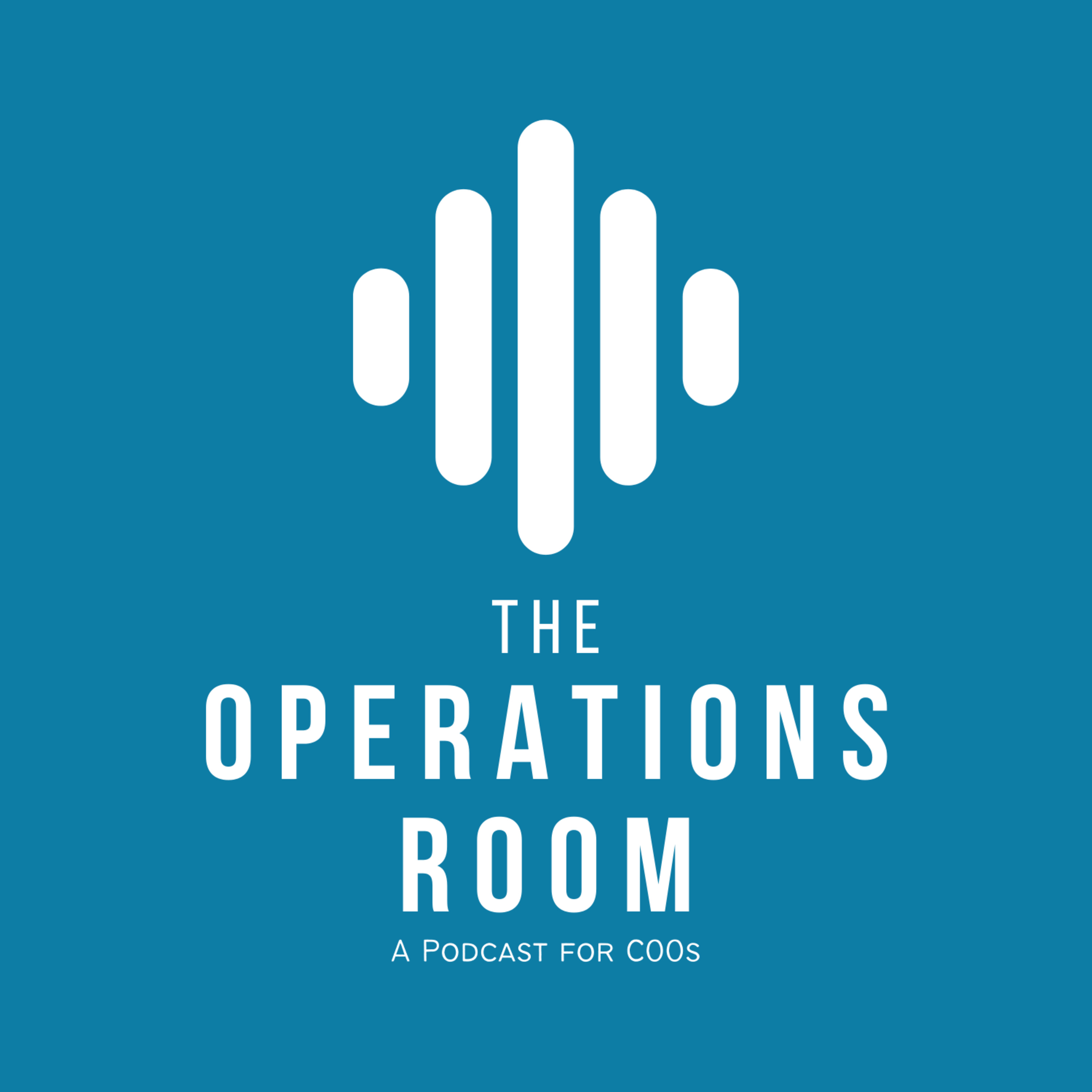36. What does a good COO framework look like?
Description
In this episode we discuss: What does a good COO framework look like? We are joined by Simon Wakeman, former COO of TPXimpact and creator of the B3 Framework.
We chat about the following:
Are investment bets the responsibility of the COO? What is an operating model? What is minimum viable governance? How much process is too much process? How to best manage a risk register to make it usefulWhat is in the “systems” box? How do you structure data teams? What are some practices around cadences?
References:
B3 FrameworkSimon Wakeman
Biography:
I help founders in post-seed and series A technology businesses to scale their operations and create resilient organisations.
I’ve created and used the B3 framework® to enable businesses with 25 to 250 people to successfully grow at pace.
Before becoming an independent interim COO, consultant and advisor I held senior operational leadership roles in two scaling technology businesses. The first - a digital business - I led from 15 people / £1.6m revenue to 40 people / £3m revenue. The second - a technology and design business - grew from 361 people / £31.5m revenue to 700 people / £83m in around three years.
My career experience includes co-founder, MD, COO and non-exec director roles in growth companies, including successful exits across listed and privately held businesses.
Summary:
Creating high-performance companies with a CEO framework. 0:06Brandon and Bethany discuss their spouses' reactions to their podcast, with Bethany's husband being surprised by her comment that being married is not part of her identity.They welcome Simon Wakeman, former CEO of TI px impact, as their guest to discuss his B three framework for building highly performant organizations.Brandon M: Foundation layer of CEO framework includes why do we exist, what do we do, and how do we do it.Bethany: Operating model definition lacks clarity, with inconsistent examples across companies.Brandon M: Building the organisation layer, decision making is hard due to changing business structures and roles, but it's critical for scaling companies to codify decision-making processes and delegate responsibility.Bethany: Finance models are useful for making calculated risks and investment bets, but they need to be holistically thought through with the CEO and leadership team to ensure the right forecast model is created for cash burn and expectations management.Business framework for scaling startups. 7:16Bethany and Brandon discuss the importance of data ownership and security in business, with Bethany emphasizing the need for a "Source of Truth" and data security foundations to support data-driven decision-making.Bethany highlights the importance of data in decision-making, emphasizing that even small amounts of data can be valuable for directional insights.Bethany and Brandon discuss the four layers of their framework, including cadence and communications, leadership, performance, processes, systems, and standards.Operating models and their importance in business. 11:32Simon...
More Episodes
In this episode, we discuss usage-based pricing, seat pricing, maximising margin and customer expansion. We are joined by Mark Stiving, Founder of Impact Pricing.
We chat about:
What exactly is usage-based pricing?How do we correlate pricing metrics with how customers are using the product?What...
Published 05/16/24
Published 05/16/24
In this episode, we discuss: Is it possible to pivot to profitability? We are joined by Libby Penn, she is the COO of Improbable.
We chat about the following:
What's the COO's role in the pivot to profitabilityWhat are the right bets to make in a business?How should we balance profitability and...
Published 05/09/24


